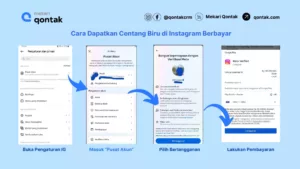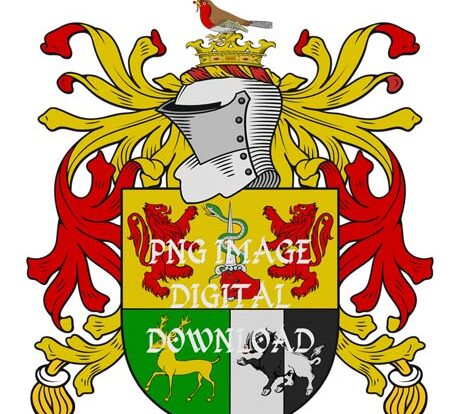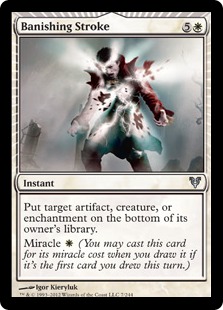
What Not to Say in an HR Investigation: A Guide to Navigate Tricky Conversations
When it comes to HR investigations, the words we choose to say can make a significant impact on the outcome of the process. In sensitive situations, it’s crucial to approach conversations with caution and empathy. This guide aims to help HR professionals, managers, and employees understand what not to say during an investigation to ensure fairness, maintain confidentiality, and foster a supportive workplace environment.
1. “I believe you’re innocent/guilty.”
Expressing personal beliefs about the guilt or innocence of involved parties can greatly compromise the integrity of an HR investigation. As an HR professional, it’s important to maintain an unbiased stance throughout the process. Instead, focus on gathering facts, listening to all parties involved, and making a fair assessment based on evidence.
2. “You must be mistaken.”
Dismissing an employee’s claims or concerns with a blanket statement like “you must be mistaken” can create a hostile work environment. It’s essential to approach investigations with an open mind and treat all claims seriously, regardless of our personal opinions or assumptions. Encourage individuals to provide detailed accounts and gather evidence to support their statements.
3. “We will protect your confidentiality.”
While investigations often strive to maintain confidentiality, it is essential to be honest about the limits of confidentiality in order to avoid misleading employees. Clearly communicate that information shared during an investigation will be kept as confidential as possible, but remind individuals that it may be necessary to disclose certain details to ensure a fair investigation.
4. “I can’t share any updates.”
Transparency is key in building trust and ensuring a smooth HR investigation process. While it’s important to respect the privacy of those involved, providing regular updates on the status of the investigation is crucial. Keep involved parties informed, within the bounds of confidentiality, to demonstrate your commitment to a thorough and fair investigation.
5. “This is strictly confidential—don’t tell anyone.”
An HR investigation requires a delicate balance between confidentiality and transparency. Advising individuals not to share any information in an absolute manner might infringe upon their rights and further isolate them. Instead, emphasize the importance of discretion and encourage them to discuss the matter with trusted advisors or counselors while respecting the boundaries of confidentiality.
6. “You’ll be fine, don’t worry about it.”
Minimizing the concerns or anxiety of individuals involved in an HR investigation can create an unsupportive work environment. Acknowledge their emotions and reaffirm your commitment to addressing their concerns promptly and fairly. Offer appropriate resources or referrals to help individuals cope with any stress or emotional hardship they may experience throughout the investigation process.
7. “We’ll take care of everything—you don’t need to be involved.”
Encouraging employees not to participate in an investigation may undermine their sense of agency and discourage open communication. Empower individuals to share their experiences, provide evidence, and present any witnesses during the investigation. Their involvement is crucial for obtaining a comprehensive understanding of the situation and ensuring a fair outcome.
8. “We’re only doing this investigation because we have to.”
Conveying a negative attitude or treating an investigation as a mere formality can erode trust and confidence in the process. Emphasize the significance of a thorough investigation and the importance of maintaining a safe and supportive work environment for all employees. Highlight that the investigation is a proactive measure to address concerns and promote fairness.
9. “You should drop this matter—it’s not worth pursuing.”
Discouraging individuals from pursuing an investigation can perpetuate an environment where workplace issues go unresolved and potentially escalate. Instead, encourage employees to come forward with any concerns they may have, assuring them that their experiences will be taken seriously, and the necessary steps will be taken to address the issue appropriately.
Conclusion
Navigating HR investigations with tact and sensitivity is crucial to maintaining trust, fairness, and a positive work environment. Choosing the right words during these challenging conversations can uphold the integrity of the investigation process and support the well-being of employees. By avoiding these potential pitfalls and emphasizing empathy, HR professionals can contribute to fostering a workplace culture built on dignity, respect, and transparency.
FAQ
Q: Should HR professionals remain neutral when conducting an investigation?
A: Yes, HR professionals should maintain a neutral stance to ensure fairness while gathering facts and evidence during an investigation. Their role is to facilitate the process, without expressing personal beliefs or opinions.
Q: Can employees seek legal advice during an HR investigation?
A: Yes, employees have the right to consult with legal counsel during an HR investigation. It’s essential to encourage them to seek independent legal advice if they wish to do so.
Q: What happens after an HR investigation?
A: After completing an HR investigation, the findings are typically reviewed, and appropriate action is taken based on the results. This can range from implementing disciplinary measures to providing additional training, or making necessary changes to workplace policies and procedures.
Q: Are HR investigations always confidential?
A: While HR investigations strive to maintain confidentiality, there may be instances where limited disclosure of information is necessary to conduct a thorough and fair investigation. HR professionals should clearly communicate these boundaries to all parties involved.

Source Image: www.slideshare.net

Source Image: katietreggiden.com
Human Resources Career Path: Your Options Analyzed 2024 – People Managing People QUICK SUMMARY Here I share my best practices and step-by-step process to conduct a fair, impartial and legally compliant HR investigation. TABLE OF CONTENTS When to conduct an HR investigation What an HR investigation needs to be successful How to conduct an HR investigation










